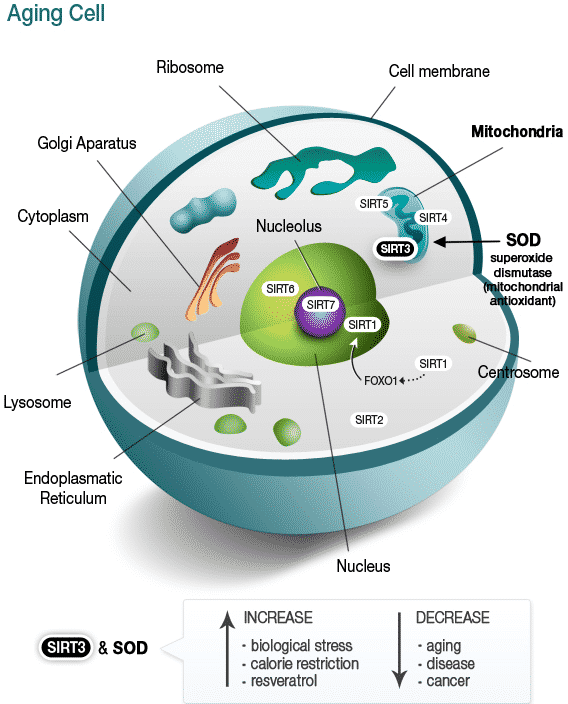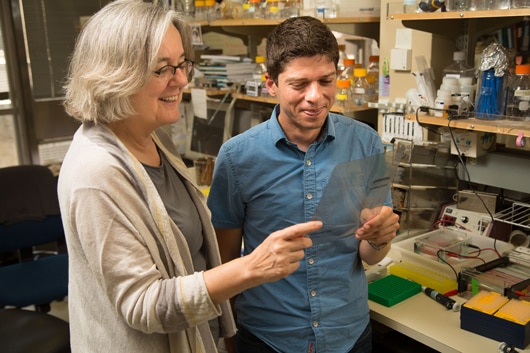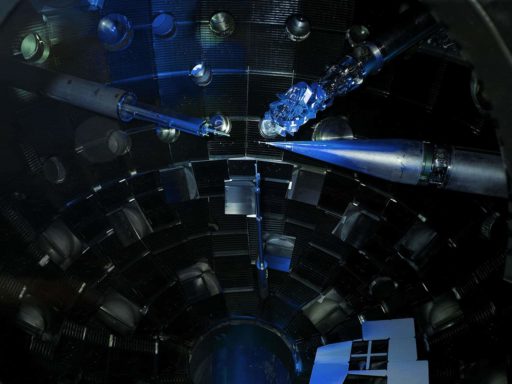It’s the age that can’t be stopped; always grow. Our age increases because of aging cells. But now, scientists at the Salk Institute, have discovered a “switch” that controls how fast cells age, and could play an important role in aging and cancer.
In our bodies, our cells are constantly dividing in order to replenish our lungs, skin, liver and other organs. But most human cells can’t divide forever, and eventually this causes our organs and tissues to degrade as we age. With each division, telomeres (the timekeepers of our cells) shorten. These little caps at the ends of chromosomes affect how quickly our cells age: When they become too short, the cells stop dividing.
On the other hand, some of our cells produce an enzyme called telomerase that rebuilds telomeres. But now, Timothy Tucey and Victoria Lundblad from the Salk Institute have revealed that telomerase can be turned off! They have discovered a switch that helps control the growth of telomeres.
The duos have found that telomere length is associated with human illnesses and even lifespans. When the switch of telomerase will be off, the enzyme will still be present in cells, but won’t slow down ageing. If the off switch works perfectly, they one day, we will be able to slow down the telomere shortening process and prevent our age from increasing. Scientists have published their study in Genes and Development.
Lundblad explains, “Previous studies had suggested that once assembled, telomerase is available whenever it is needed. We were surprised to discover instead that telomerase has what is in essence an ‘off’ switch, whereby it disassembles.”
It’s a pretty huge breakthrough, because if scientists can now work out how to manipulate this “off” switch, it could help them slow down the ageing process and lead to treatments for age-related diseases. And, interestingly, it may also provide insight into cancer cells, which require telomerase to help them divide uncontrollably.
Source: Salk Institute for Biological Studies
[ttjad keyword=”solar-device”]





